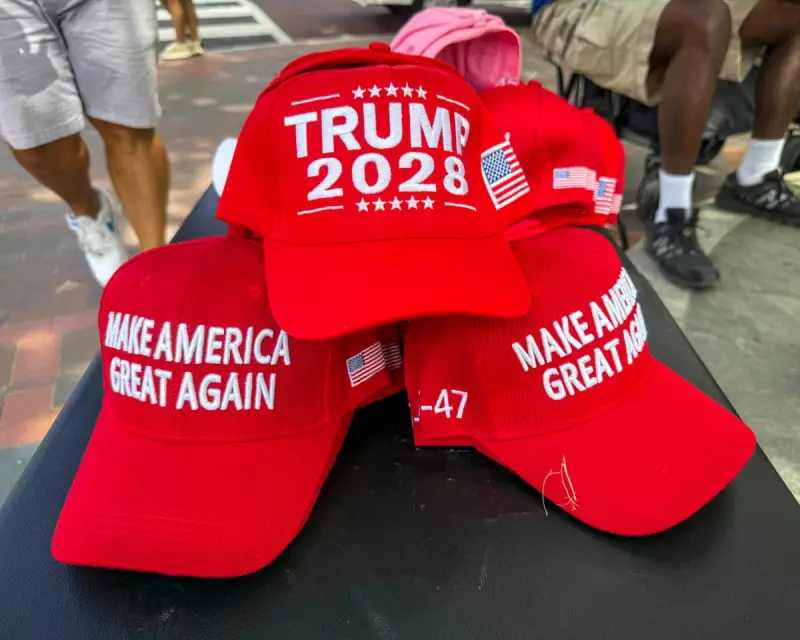
In a move that would challenge the very foundations of American democracy, allies of former President Donald Trump are actively preparing the ground for an unprecedented third-term bid in the 2028 presidential election.
The Constitutional Conundrum
The 22nd Amendment to the US Constitution explicitly states that "no person shall be elected to the office of the President more than twice." However, Trump's supporters are exploring legal arguments that could potentially circumvent this restriction, setting the stage for a constitutional showdown.
Building the Foundation
Key figures within Trump's orbit have begun quietly discussing the logistical and legal framework required for such a campaign. This includes:
- Developing constitutional interpretations challenging traditional understanding of term limits
- Building financial networks to support a future campaign
- Identifying potential legal challenges and preparing counter-arguments
- Maintaining the political infrastructure necessary for another presidential run
Historical Precedent vs Political Ambition
Franklin D. Roosevelt remains the only US president to have served more than two terms, winning four consecutive elections before the 22nd Amendment was ratified in 1951. Trump's supporters argue that since he only served one complete term before his 2020 defeat, the constitutional restrictions might not fully apply.
Legal Experts Sound Alarm
Constitutional scholars have expressed deep concern about these developments. Many emphasise that the language of the 22nd Amendment is unambiguous and that any attempt to bypass it would likely face immediate legal challenges that could reach the Supreme Court.
Political Fallout and Reactions
The mere discussion of a third-term bid has sparked intense debate across the political spectrum. Supporters see it as Trump exercising his right to run again, while critics warn it represents a dangerous threat to democratic norms that have guided the nation for generations.
As the 2028 election approaches, this controversial proposition is likely to dominate political discourse, testing both the resilience of American institutions and the boundaries of presidential ambition.





